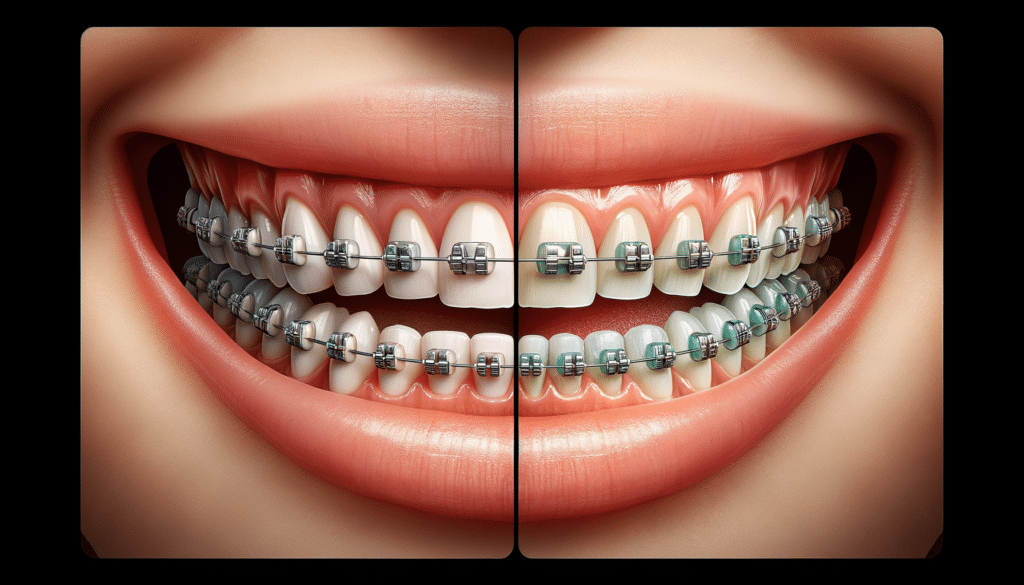The Egg Donation Process: An Overview
Egg donation is a medical procedure that involves a woman donating her eggs to help another individual or couple conceive a child. This altruistic act is a cornerstone of assisted reproductive technology and has become increasingly popular due to its high success rates and the growing demand for reproductive assistance. The process typically involves several steps, including screening, hormone treatment, egg retrieval, and fertilization.
The initial phase involves a comprehensive screening process to ensure the donor’s health and suitability. This includes medical exams, psychological evaluations, and genetic testing. The aim is to ensure that both the donor and the potential offspring are healthy and that the donor is mentally prepared for the process.
Once cleared, the donor undergoes hormone treatments to stimulate the ovaries to produce multiple eggs. This phase requires careful monitoring through regular visits to the clinic for blood tests and ultrasounds. The final step is the egg retrieval, a minimally invasive procedure performed under sedation where the eggs are collected from the ovaries.
After retrieval, the eggs can be fertilized with sperm in a laboratory setting, creating embryos that can be implanted into the recipient’s uterus. This process offers hope to many individuals and couples facing infertility challenges, providing a pathway to parenthood that might otherwise be unattainable.
Benefits for Recipients: A New Hope
For recipients, egg donation can be a life-changing opportunity. It offers a chance to experience pregnancy and childbirth, even when faced with infertility issues such as premature ovarian failure, diminished ovarian reserve, or genetic disorders. The emotional and psychological benefits of carrying and giving birth to a child cannot be understated, providing a sense of fulfillment and joy.
Egg donation also allows for a degree of genetic connection, particularly when the sperm of the recipient’s partner is used. This can create a stronger familial bond and a sense of continuity, which is invaluable to many families.
Furthermore, advancements in reproductive technology have improved the success rates of egg donation, making it a reliable option for many. According to the Society for Assisted Reproductive Technology, the success rate of live births per egg donation cycle is significantly higher compared to other fertility treatments, offering a promising alternative for those struggling to conceive.
Recipients also benefit from the rigorous screening process that donors undergo, ensuring that the eggs are of high quality and the donors are healthy individuals. This increases the likelihood of a successful pregnancy and a healthy baby, providing peace of mind to aspiring parents.
Empowerment and Benefits for Donors
For donors, the egg donation process is not only a chance to help others but also an opportunity for personal growth and empowerment. Many donors report a profound sense of satisfaction from knowing they have made a significant difference in someone else’s life. This altruism can lead to increased self-esteem and a sense of purpose.
Additionally, donors often receive financial compensation for their time and effort, which can be used to support personal goals such as education, travel, or other endeavors. This compensation acknowledges the commitment and dedication required throughout the donation process.
Donors also gain access to comprehensive health screenings and genetic testing, providing valuable insights into their own health and genetic makeup. This information can be beneficial for their future family planning and personal well-being.
Moreover, the experience fosters a sense of community and connection with others who have donated or received eggs. Many donors cherish the relationships and networks formed during this journey, which can be both supportive and enriching.




